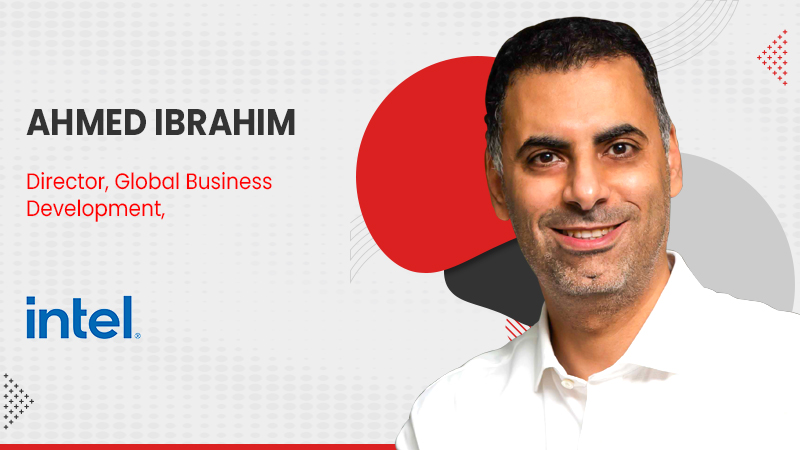Synthego, a leading provider of industrialized genome editing solutions that accelerate discovery to clinic journey, and bit.bio, the company coding human cells for novel cures, announced a strategic partnership to build a platform centered on the implementation of synthetic circuitry in cells for therapeutic application.
bit.bio is building a pipeline of cell therapies focused on areas of unmet clinical need. The partnership will apply Synthego’s expertise in gene editing to bit.bio’s opti-oxTM precision cell programming technology, with the aim of discovering and developing advanced genetic engineering solutions for cell therapies.
Synthego will rapidly design, build, test and deliver an end-to-end optimized multiplexed genetic editing strategy. The implementation of the multiplexed opti-ox engineering approach will reduce the number of engineering steps required, with the potential of shortening clinical cell engineering and development timelines by up to 10 months.
Also Read: Xcell Biosciences and Labcorp Achieve Key Data Milestones in Cell and Gene Therapy Collaboration
“bit.bio is the leading synthetic biology company focussed on human cells. We are thrilled to deepen our partnership with bit.bio to facilitate a leap forward in the development of synthetic biology-based cell therapies,” said Paul Dabrowski, CEO at Synthego. “By coordinating our respective technologies, expertise and resources, we will unlock new opportunities for addressing critical challenges in the field by advancing the R&D cycle of innovative cell therapies.”
“Synthego are experts when it comes to industrialized cell engineering,” stated Mark Kotter, CEO at bit.bio. “Teaming up with Synthego will boost our genetic engineering capabilities. We expect efficiency gains across bit.bio’s platform which will allow us and our partners to deliver transformative therapies more rapidly to patients in need.”
SOURCE: PRNewswire


































